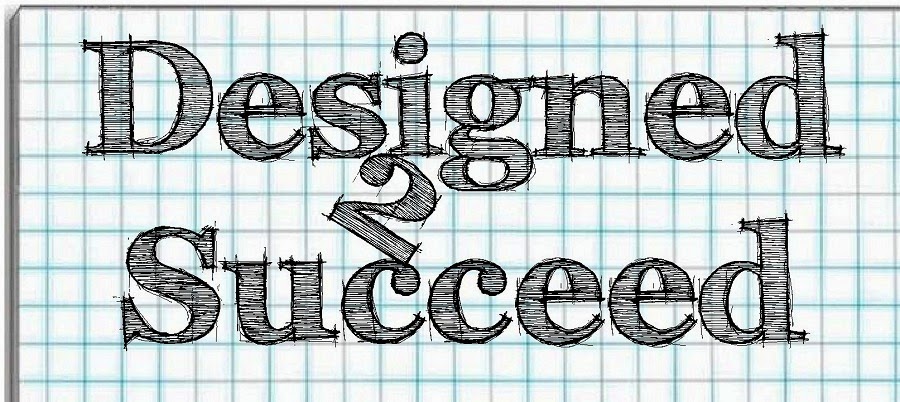Buddha on a Bike
©2015 Scott D. Wilson, P.Eng.
I am always looking for trends and common threads among successful people. Lately, I have noticed that very many successful people admit to various practices of mediation or mindfulness. The billionaire founder of Bridgewater Associates, Ray Dalio went so far as to say “Meditation more than anything in my life was the biggest ingredient of whatever success I've had.” That is quite an endorsement! There have been countless studies on meditation and here are just a few of positive effects of meditation:
- Reduction in stress and a better ability to handle stressors
- Improved brain functions
- Increased productivity in high performance situations
- Reduction in the symptoms of anxiety and depression
- Improved ability to fight disease and to maintain health
- Better-quality sleep
- Longer attention span and stronger ability to focus
- Increased metabolism and assists in weight loss (Yes, weight loss – through the increase in mitochondria!!)
- Greater level of creativity
These are just a small sampling of the benefits of meditative practices.
Now if you are like me then when you hear the words mindfulness and meditation you suddenly get a vision of a long-haired old hermit with a flowing beard seated at the top of a mountain. The reality is that nothing could be further from the truth. In the 60’s the Beatles introduced eastern transcendental meditation into mainstream western culture. Since then we have tended to focus on the various forms of seated meditation from the ancient Ascetics to Zen monks. Fortunately, seated or static meditation is but one form of mindful exercises.
For me, the thought of sitting for a prolonged period without movement with the aim of clearing my mind and my thoughts is right up there with listening to fingers raking down a chalkboard. I am in no way dissing this means of contemplation. There is a time and a place for such practice and it is better suited for some people and less so for others. If these work for you then I encourage you to continue.
Others like me have been discouraged with many of the transcendental techniques. Fortunately, there are alternatives and I wish to increase awareness of them. Some of you may know that there are techniques known as moving meditation. By far the most popular is the practice of Tai Chi. Many martial arts employ moving meditations. For example, Karate employs various moving exercises called katas. Yes, these routines are a form of practicing the offensive and defensive techniques. They are also excellent forms of moving meditation.
Anyone who has sought to master a Tai Chi form or a martial art kata knows that you start out thinking your way through them and your mind jabbers as it seeks to remember and follow the movements. However, as you become more adept your mind stills as your focus on your arms, legs, breathing and so much more absorbs your entire attention. For folks like me this is a marvelous form of meditation – moving outside and still inside.
“But I don’t like martial arts and Tai Chi just isn’t for me!” you object. Guess what? Martial arts do not have the lock on this form of mindfulness. Ask a marathon runner or any other serious athlete and they will tell you that when they hit their stride that there are moments of peacefulness and stillness as all they hear is their blood pounding and the rhythm of their limbs. Do you have to be a professional athlete? Not from my experience. I have discovered that my meditation often occurs atop the pedals of my bicycle.
Sure, I start out just thinking about my day as I get started pedaling down my driveway. The mind is a persistent beast and it wants to go over all the various concerns of the day ahead. Eventually, as I drive my bike harder either in silence or while listening to music then the thoughts slowly quiet. There is just me and my bike connected to the road, the trees, the grass, the dew, the sunshine and the entire universe.
So am I saying that you must become a Buddha on a bike? No, but you must find an exercise that you can use for at least ten minutes that will afford you some quiet contemplation. I have found such moments of meditation in Tai Chi Chuan, running, biking, skiing, walking quietly and even while washing dishes. The key is to immerse yourself in the activity. Give it your whole attention. When you are performing your activity perform it to your best. Pay attention to details. Pay attention to your movement, to your limbs, to your breath, to your heartbeat, to you surroundings (smells, sights, physical sensations, noises and even tastes). If possible, don’t linger on one thing. However, it is perfectly ok to get lost in something. The moments of quiet clarity will come and go – do not be discouraged. Practice diligently and through repetition and improving skill you will eventually find the still part of your mind.
So when you hear the benefits of meditation do not sigh longingly and despair at the thought of a sore posterior and nodding off in a temple. Instead, get up, get moving and find the mindfulness activity that will allow you your own brand of meditation! Let us follow the many successful leaders along the quiet and gentle mind’s path to our goals!



